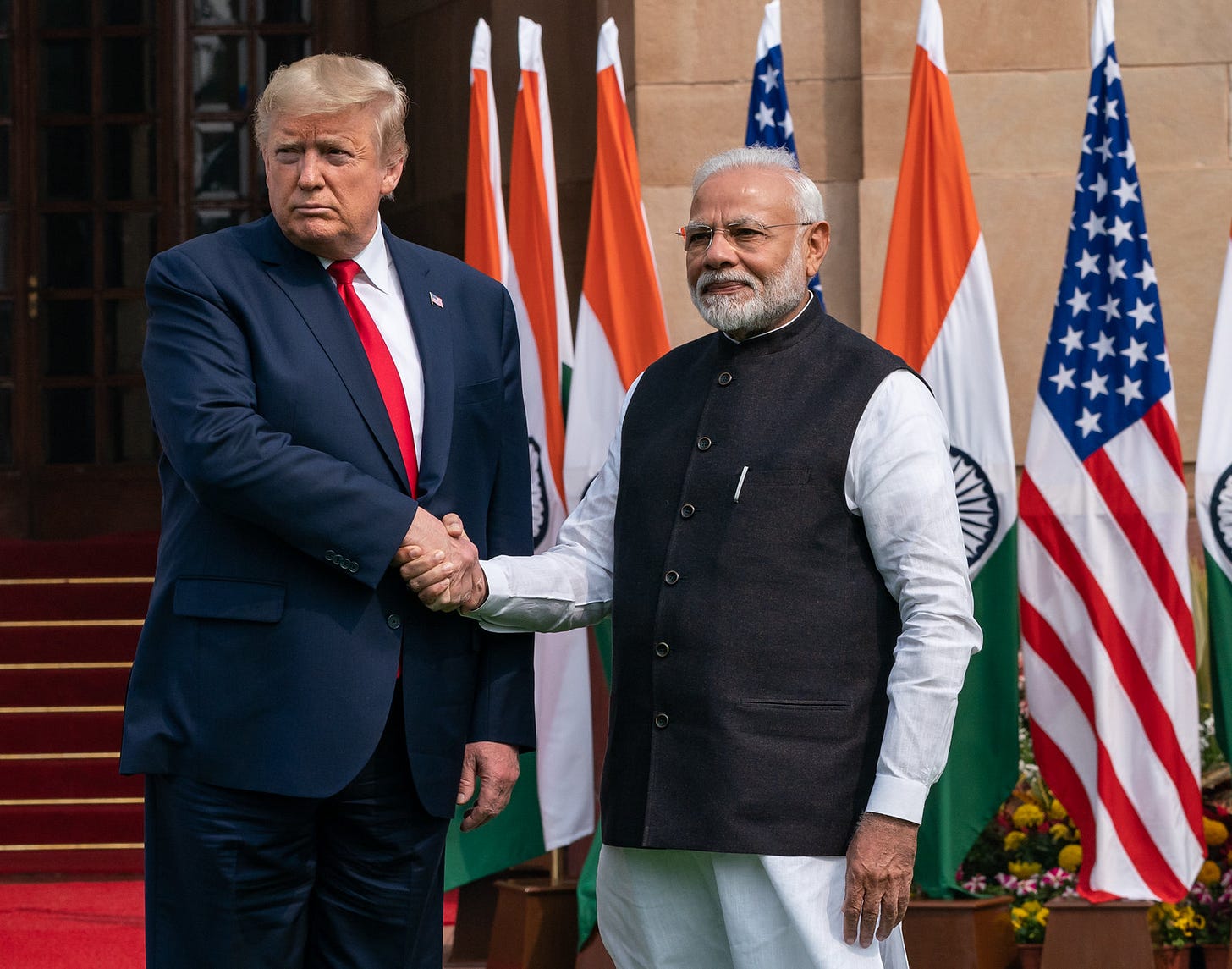Biggest News Stories of August 6
Carnage inflicted on the people of Gaza by Israel, Trump and Putin signal agreement on ending the war in Ukraine and more.
1. Aid Truck Overturns in Gaza Killing 20
A humanitarian aid truck overturned near the Nuseirat refugee camp in central Gaza, killing at least 20 Palestinians. The vehicle was attempting to reach an aid distribution point when it lost control on an unpaved road, conditions worsened by the collapse of civil infrastructure during Israel’s months-long bomba…
Keep reading with a 7-day free trial
Subscribe to The Crustian Daily to keep reading this post and get 7 days of free access to the full post archives.



